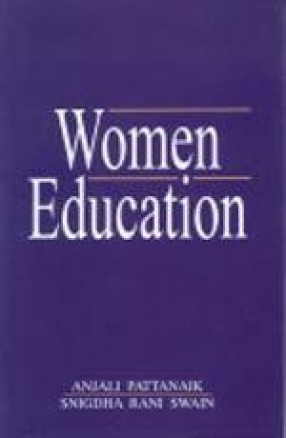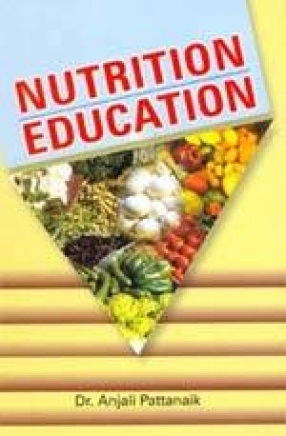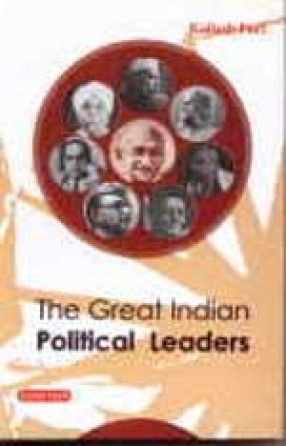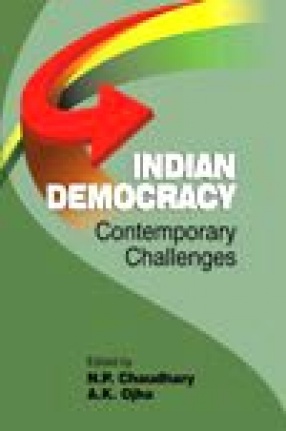Development is the essence of life. How much developed a country reflects the mainstreaming of its womenfolk in the process of development. So, in this context the present study women education is an attempt to assess the present role of women in political, economic and social spheres of development. The area of the study was confined to villages of Puri district and urban areas of Khordha district of Orissa as these two districts were regarded as developed districts. A total of 200 randomized samples were chosen from among housewives and school teacher (50 samples each) both in the rural and urban area. Information pertaining to the present study were collected through a structured interview schedule. And the information were treated statistically through the use of methods like frequency, percentage, mean, coefficient of correlation, student’s test and Analysis of Variance (ANOVA). The findings show that there were more number of younger teachers and were having a higher level of education than the housewives in both the areas. Almost all the samples were married except few urban teachers. It is further observed that families of rural respondents were having a higher educational status than the urban families. And more number or rural housewives were having a family income below Rs. 10,000. But urban respondents were having a higher income. Moreover, agriculture was the additional source of income in rural areas as against business in the urban area. The findings further showed that rural respondents excelled their urban counterparts in respect to their participation in political, economic and social participation. But the results of variance in the level of participation among the four groups of respondents showed no significant differences though differences within each group of respondents were significant. Again coefficient correlation between the socio-economic characteristics (independent variables) and level of participation (dependent variables) were positive in all cases except age and significant in some of the cases. But education in all the cases was observed to have a more independent influence on the level of participation in the process of development. So, spread of education among women must be given utmost priority to integrate them fully in the process of development in terms of equality of rights, roles and responsibilities.
Women Education
In stock
Free & Quick Delivery Worldwide
Bibliographic information
Title
Women Education
Author
Edition
1st ed.
Publisher
ISBN
8131302040
Length
x+134p., Tables; Figures.
Subjects






There are no reviews yet.